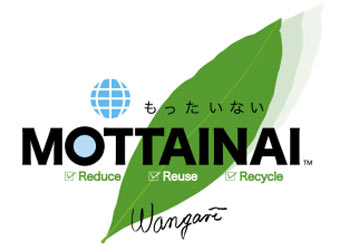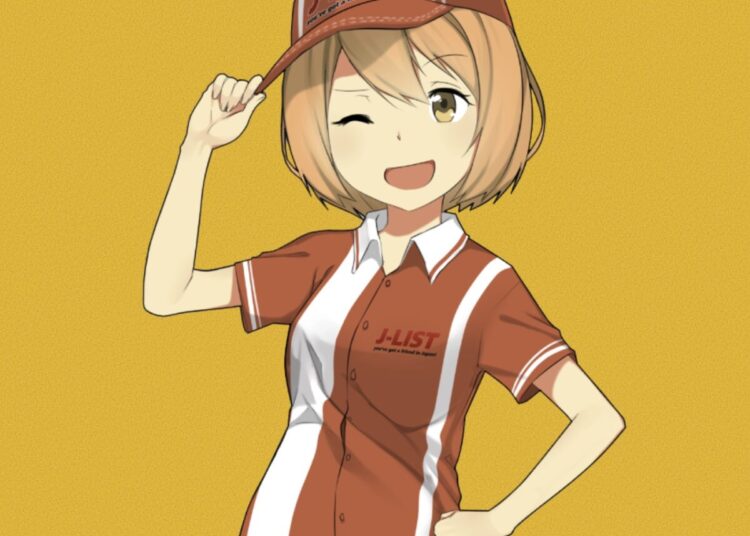Japan started its history more or less as a blank slate, with most of its architecture, religion and even written language borrowed wholesale from China and Korea starting in the 5th century A.D. As the country modernized after 250 years of being closed off from the West during the Edo Period, it started up the idea-importing machine again, bringing in thousands of foreign-loan words to express the new concepts that were flooding into the country. (For example, ramune started out as the English word lemonade.) Then something interesting happened: around the time Space Invaders became the coolest thing in the world, the trend seemed to reverse itself, with Nihongo suddenly flowing outwards to the rest of the world. Just think of the number of Japanese words the average person under 40 knows after three decades of exposure to Japanese animation, comics, films and video games: names for weapons used by ninja, abstract concepts such as The Force Bushido, and many other examples. Dyed-in-the-wool otaku know many more concepts in Japanese, and can probably debate the differences between the various genres of moé anime using all the correct terms. It’s been interesting to see the Japanese word mottainai (moh-tai-nai) cropping up on some websites here and there. The word, which is actually a Buddhist religious term expressing regret, essentially means “What a waste!” and it’s constantly used by Japanese mothers when their kids refuse to finish the food that’s on their plate, leave the lights on or are otherwise wasteful. As people try to be greener, the phrase is serving as a kind of slogan to get people to think about using resources more wisely.

It’s become quite fashionable to avoid being wasteful, using Kenyan Nobel winner Wangari Maathai as an example.















